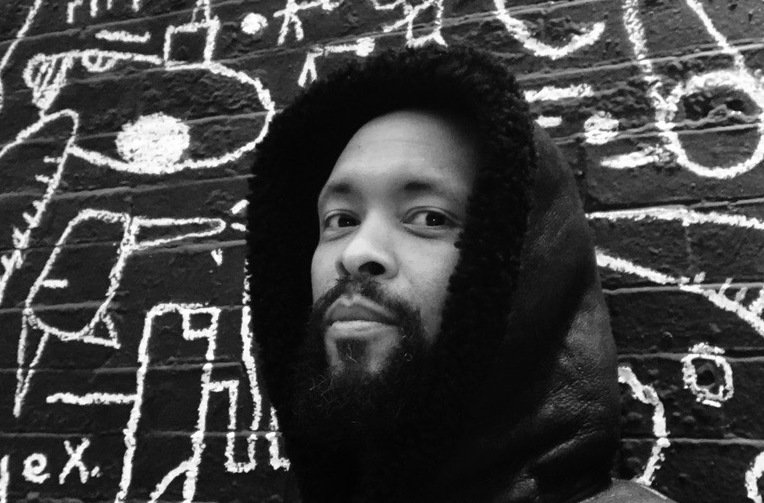One of the most popular music festivals in Oakland, Hiero Day, will look a little different this year. Instead of the one-day blowout we all know and love, it’ll be a series smaller events throughout the weekend. But the elements that matter will still be present: Space and culture.
“We made a place where all of our influences: all the people we’ve influenced, all the homies and people who have influenced us… everybody can come together and celebrate,” says Tajai Massey (aka Rap Noir) of the Hieroglyphic Crew.
Tajai sees Hiero Day as a physical manifestation of the Souls of Mischief’s most famous song, “93 Til Infiinty,” where he and the other emcees give listeners a taste of life in Oakland and how we chill.
These days, it’s hard to ignore Oakland’s growing wealth disparities, the massive unsheltered population, and continued gentrification.
“A lot of folks I see during Hiero Day, they’ve had to move away, to Stockton, Sac, L.A… anywhere that’s cheaper than here. But we see them on Hiero Day, so it’s like a big family reunion,” says Tajai.
Another unfortunate change in the Bay Area: fewer affordable art spaces.
“Space is extremely important for [all the arts] to be able to flourish and grow… It becomes very important for you to have a place, not just the time, but a place to actually be creative.”
As a young emcee, Tajai remembers recording studios all over the East Bay, including The Onion Lab in Berkeley where an hour of time would cost just five dollars. “That is a direct progenitor of us being able to be in the industry, to have a demo for the world to hear.”
Space and culture mean a lot to Tajai, not just as a rapper, but as an architectural designer.
“I know how to build spaces. I know how to generate money. I know how to help people through my music, et cetera. How can I make those three things converge in a way that makes life easier for the people that I see suffering around me? And that’s kind of the crossroads that I’m at now.”
This week on Rightnowish, we talk to Tajai about the intersection of culture and the built environment, and the importance of having access to space in order to share, celebrate and create culture.

Rightnowish is an arts and culture podcast produced at KQED. Listen to it wherever you get your podcasts or click the play button at the top of this page and subscribe to the show on NPR One, Spotify, Apple Podcasts, TuneIn, Stitcher or wherever you get your podcasts.


